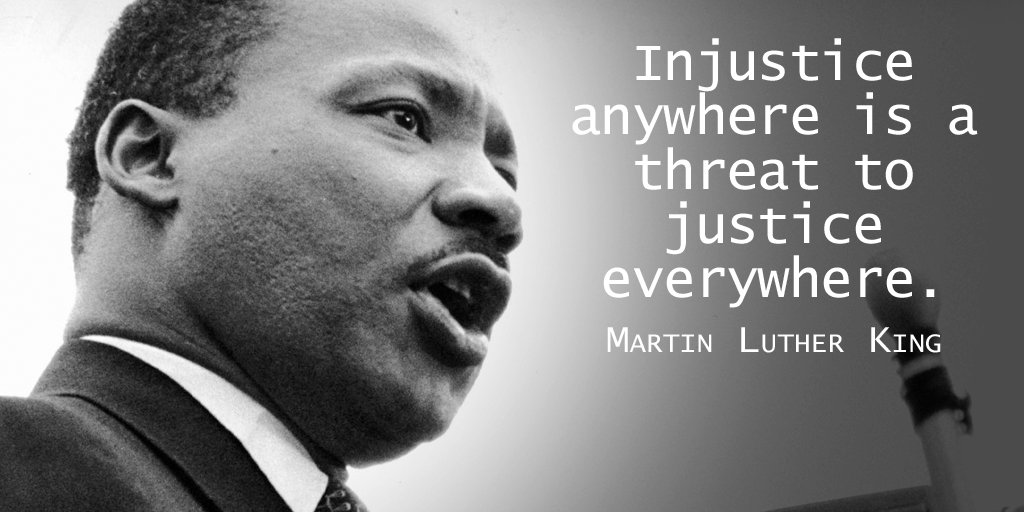by Corinne Yank, GoPhil Communications Manager
This month, GoPhil’s Reading & Resource List centers around the critical and salient topic of racial justice. This is by no means an exhaustive list of resources – there are countless other great books, websites, podcasts and organizations out there to discover and support. This is simply a starting point for people in the GoPhil community who want to educate themselves about racial justice and anti-racism.
In line with GoPhil’s core values, we encourage everyone to Listen & Learn to elevate the voices of those closest to the issues.
If you have additional recommendations please send them our way and we would be happy to update this list.
Civil Rights History
- The Fire Next Time, by James Baldwin
- A More Beautiful and Terrible History: The Uses and Misuses of Civil Rights History, by Jeanne Theoharis
- An Easy Burden: The Civil Rights Movement and the Transformation of America, by Andrew Young
Contemporary Civil Rights Issues
- The Fire This Time, by Jesmyn Ward
- The New Jim Crow: Mass Incarceration in the Age of Colorblindness, by Michelle Alexander
- Freedom is a Constant Struggle, by Angela Davis
- Why I’m No Longer Talking to White People About Race, by Reni Eddo-Lodge
- Hood Feminism, by Mikki Kendall
Anti-Racism Resources for White and Non-Black Learners
- How to Be an Antiracist, by Ibram X. Kendi
- Stamped from the Beginning, by Ibram X. Kendi
- White Fragility, by Robin DiAngelo
- Me and White Supremacy: Combat Racism, Change the World, and Become a Good Ancestor, by Layla F Saad
- This Book Is Anti-Racist: 20 Lessons on how to Wake Up, Take Action, and Do the Work, by Tiffany Jewell
Racial Justice and Philanthropy
- Winners Take All: The Elite Charade of Changing the World, by Anand Giridharadas
- Decolonizing Wealth, by Edgar Villanueva
- More resources here.
Novels
- Americanah, by Chimamanda Ngozi Adichie
- Girl, Woman, Other, by Bernardine Evaristo
- Homegoing, by Yaa Gyasi
- It’s Not All Downhill From Here, by Terry McMillan
- Song of Solomon, by Toni Morrison
Organizations to learn more about and consider supporting:
The list of racial justice organizations below is more nationally-focused but we encourage you to find organizations and groups at your local level to support and learn from too! Please note that this is not an official endorsement of these groups but a starting point for you to do your own research, learn more, and donate if you feel moved to do so.
- Color of Change: “The nation’s largest online racial justice organization. We help people respond effectively to injustice in the world around us. As a national online force driven by 1.7 million members, we move decision-makers in corporations and government to create a more human and less hostile world for Black people in America.”
- NAACP Legal Defense and Education Fund: “America’s premier legal organization fighting for racial justice. Through litigation, advocacy, and public education, LDF seeks structural changes to expand democracy, eliminate disparities, and achieve racial justice in a society that fulfills the promise of equality for all Americans.”
- Poor People’s Campaign: “In 1968, Rev. Dr. Martin Luther King Jr. and many others called for a “revolution of values” in America. They sought to build a broad, fusion movement that could unite poor and impacted communities across the country. Their name was a direct cry from the underside of history: The Poor People’s Campaign. Today, the Poor People’s Campaign: A National Call for Moral Revival has picked up this unfinished work. From Alaska to Arkansas, the Bronx to the border, people are coming together to confront the interlocking evils of systemic racism, poverty, ecological devastation, militarism and the war economy, and the distorted moral narrative of religious nationalism.”
- Reclaim the Block: “Reclaim the Block organizes Minneapolis community and city council members to move money from the police department into other areas of the city’s budget that truly promote community health and safety.”
- The Bail Project: “The Bail Project is a non-profit organization designed to combat mass incarceration by disrupting the money bail system ‒ one person at a time.”
- Campaign Zero: “Over 1,000 people are killed by police every year in America. We are calling on local, state, and federal lawmakers to take immediate action to adopt data-driven policy solutions to end this violence and hold police accountable.”
- Organization for Black Struggle: “The Organization for Black Struggle was founded in 1980 by activists, students, union organizers and other community members in order to fill a vacuum left by the assaults on the Black Power Movement. Their mission is to build a movement that fights for political empowerment, economic justice and the cultural dignity of the African-American community, especially the Black working class.”
- UndocuBlack Network: “The UndocuBlack Network’s mission is to ‘blackify’ the undocumented immigrant narrative in the U.S. and facilitate access to resources for the Black undocumented community.”
- Black Organizing for Leadership and Dignity: “BOLD (Black Organizing for Leadership and Dignity) is a national Leadership Training Program designed to help rebuild Black (African-American, Caribbean, African, Afro-Latino) social justice infrastructure in order to organize Black communities more effectively and re-center Black leadership in the U.S. social justice movement.”
- Blackout Collective: “A full service Black direct action collective.”
- Black Visions Collective: “Since 2017, Black Visions Collective, has been putting into practice the lessons learned from organizations before us in order to shape a political home for Black people across Minnesota.”
- Black Disability Coalition: “The National Black Disability Coalition (NBDC) is a response to the need for Blacks with Disabilities in America to organize around issues of mutual concern and use our collective strength to address disability issues with an emphasis on people who live in poverty.”
- Black Table Arts: “Gathering black communities through the arts, towards better black futures.”














